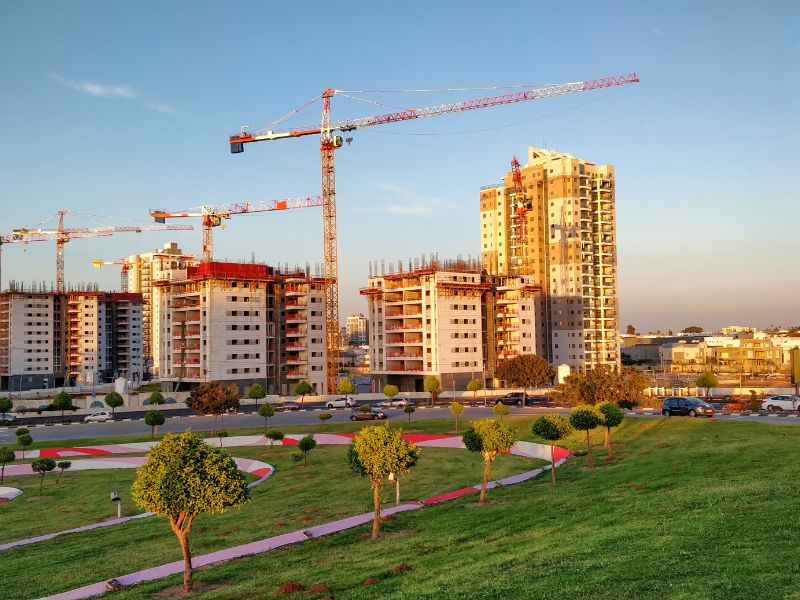Under the Business Cooperation Contract (BCC) structure, the parties in a BCC do not establish a legal entity but typically utilize their available resources, including land use rights (LUR), for business cooperation. The party with LUR (Landowner) will “contribute” their LUR to the BCC, allowing the other party (Developer) to develop houses/buildings on the land, while the Landowner retains ownership of the LUR.
According to current land laws, it can be argued that projects utilizing land through a BCC structure are permitted. However, the relevant legal provisions seem unclear and may give rise to certain legal issues. With the new regulations in Land Law 2024, the BCC structure will have a more solid legal framework. Specifically:
1. Articles 148 and 149 of Land Law 2024 have now codified the provision on issuing ownership certificates to owners of pre-existing houses/buildings who are not also land users, as per Decree 43/2014 guiding Land Law 2013. In this case, Land Law 2024 now clearly recognizes the BCC as legitimate evidence of the Landowner’s land use rights, enabling the owner of houses/buildings to carry out construction on the land. Thanks to this clear regulation, Developers in a BCC can now feel confident that their ownership rights over houses/buildings on the land will be protected.
2. Under the current Decree 43/2014, To obtain an ownership certificate for houses/buildings on the land, the Developer in a BCC must have written consent from the Landowner regarding the construction of assets attached to the land (landowner’s consent), which must be notarized or certified according to legal regulations. It was unclear whether a BCC could be considered the landowner’s consent or if the Developer needed both the BCC and a notarized landowner’s consent. Under the new regulations of Land Law 2024, the Developer only needs to submit the BCC to obtain an ownership certificate for the houses/buildings on the land.
3. The new regulations in Land Law 2024 will reduce the risk of a BCC being considered a sublease agreement between the Landowner and the Developer.
4. Under the current Real Estate Business Law 2014, the sale of houses/buildings must be tied to LUR. This provision poses a risk that the Developer may not be able to sell their assets built under a BCC without also transferring the LUR. The new Real Estate Business Law 2023 also repeats this provision but adds an exception stating “unless otherwise provided by the Land Law.” This exception can be reasonably interpreted to include cases where the Developer can sell assets attached to land used through BCC cooperation without needing to transfer the accompanying LUR.
For any questions or comments, please contact:
OTIS AND PARTNERS LAW FIRM
Office address: 2nd Floor, CT3 Building, Yen Hoa Park View Urban Area, No. 3 Vu Pham Ham Street, Yen Hoa Ward, Cau Giay District, Hanoi
Email: info@otislawyers.vn
Hotline: (+84)987748111


 Tiếng Việt
Tiếng Việt 한국어
한국어 中文 (中国)
中文 (中国)